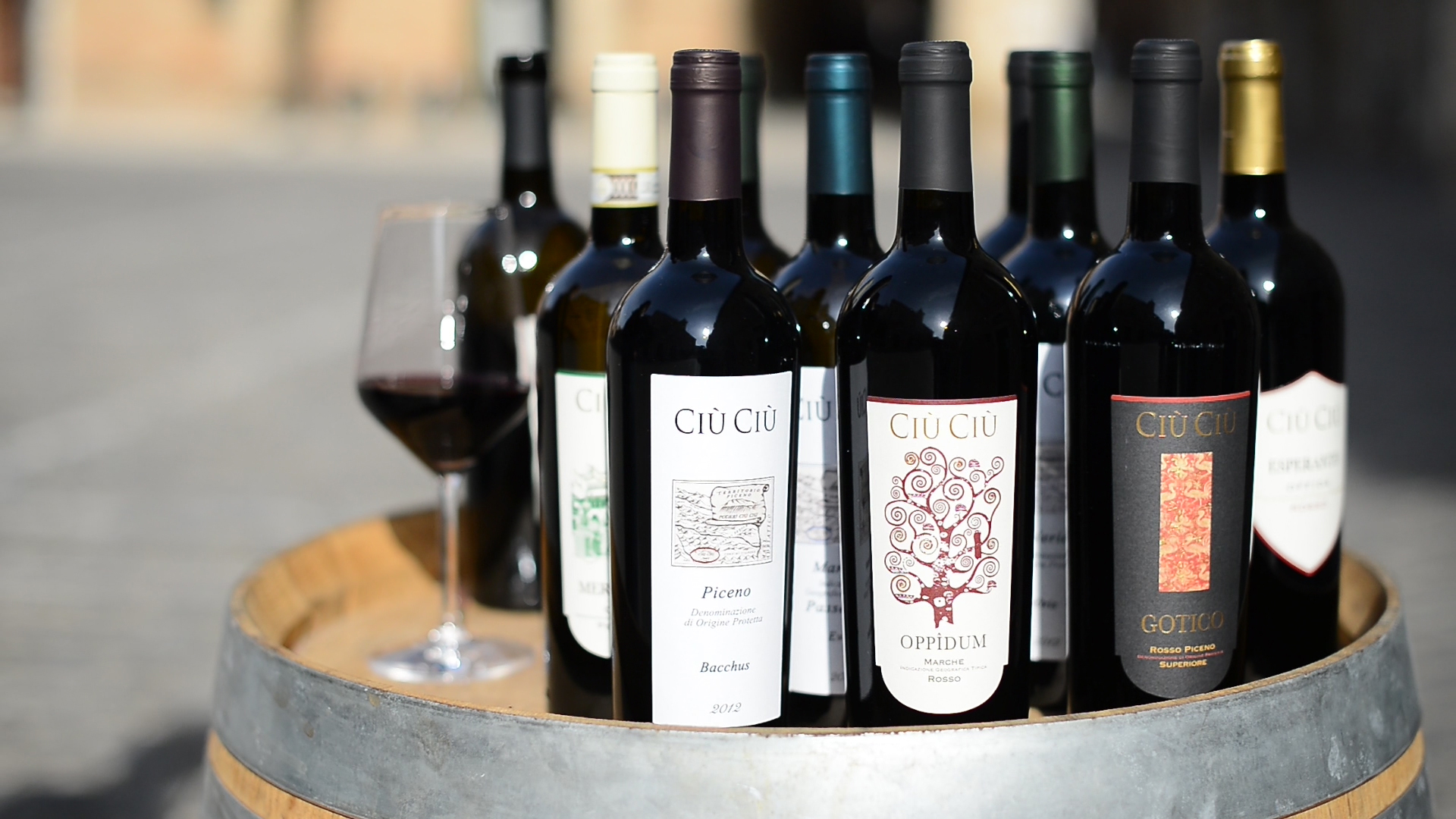In today’s gastronomic world, dietary restrictions are standardized practice. In the last few years, people have discovered new allergies, taste aversions, and restrictive diets.
Through all of these restrictive diets (not limited to vegetable-based and gluten free diets), veganism seems to have made the most impact establishing normalcy.
For this new climate, chefs and restaurants everywhere have had to adapt through changing menus, allowing exceptions, and providing proper dietary substitutions. Many cities now have restaurants directly catering to vegans, rejecting all meat-based products. We are seeing all of these changes in the food industry, directly impacting restaurants and food services, but where do beverages come into this conversation?
What about wine? Does it fit into the world of veganism? The answer, which surprises most, is that wine is not inherently vegan. Shockingly, most wine hailing from all over the world is not technically vegan. It’s hard to reconcile that wine, a beverage typically known as produced by grapes, does not pass the vegan test.
Indeed, wine does begin with the growing, pressing, and fermenting of grapes. Yet, traditional winemaking techniques include a process called ‘fining.’ After wines have fermented, winemakers engage in ‘fining’ to remove impurities from the wine. For instance, in red wines, the ‘fining’ process removes excess tannins. In white wines, this process removes proteins to clarify the wine. Typically, the fining agents are made from fish bladders (specifically isinglass), egg whites, or other animal-by products, resulting in wines that cannot be classified as vegan.
With the ever growing popularity of a vegan diet, winemakers across the globe are tasked changing their ‘fining’ methods to fit within this new norm. While many wineries are sticking to traditional methods (resulting in non-vegan wines), some wineries are looking for new processes to keep up with the times!
Some winemakers have started to use bentonite, a form of clay, as a neutral alternative to animal products. Bentonite performs well in keeping the grape typicality, showing a counter effect.
Other winemakers have started looking elsewhere, including pharmaceuticals. Pharma has the most modern and respectful fining system, the cross-flow filter. The cross-flow filter is based on six-cylindrical tanks. The wine is pushed from tank to tank with dozens of cotton membranes in each. It comes out of the last one as “fined.” It is a very soft process in which the wine is not only fined but the texture is safe and the flavors and aromas are not altered.
With these new methods available to winemakers around the world, there are still few wineries adapting to this ‘fining’ system, and in turn, creating vegan wines. It seems that the wine industry needs to catch up with the food industry, in actively serving vegan wines that are available to a wide range of patrons.


